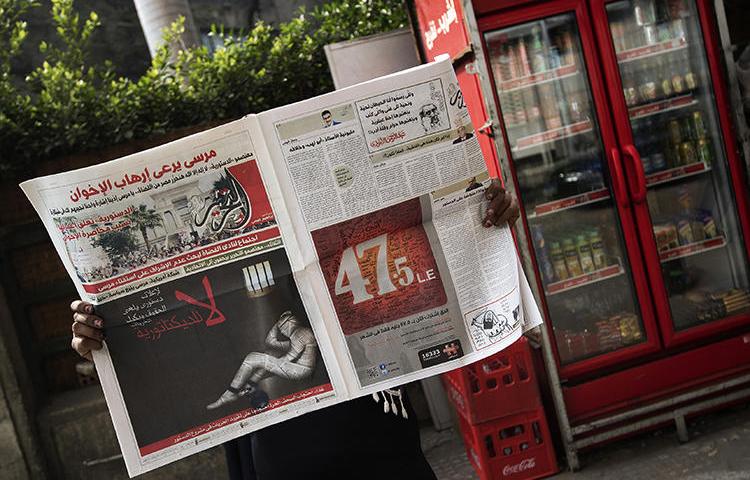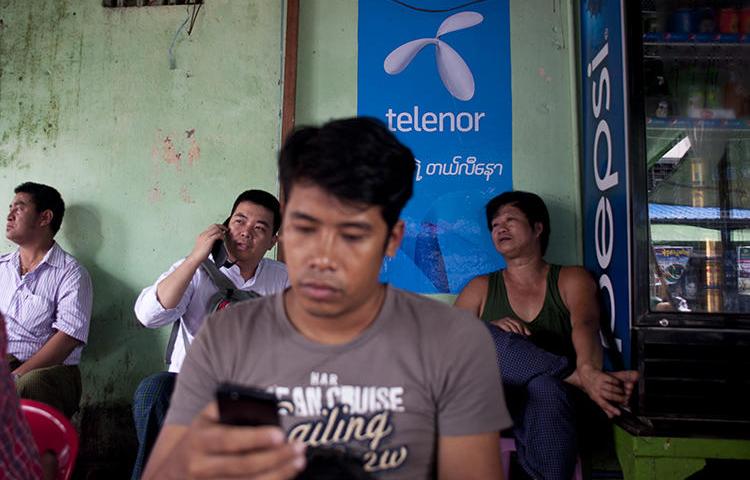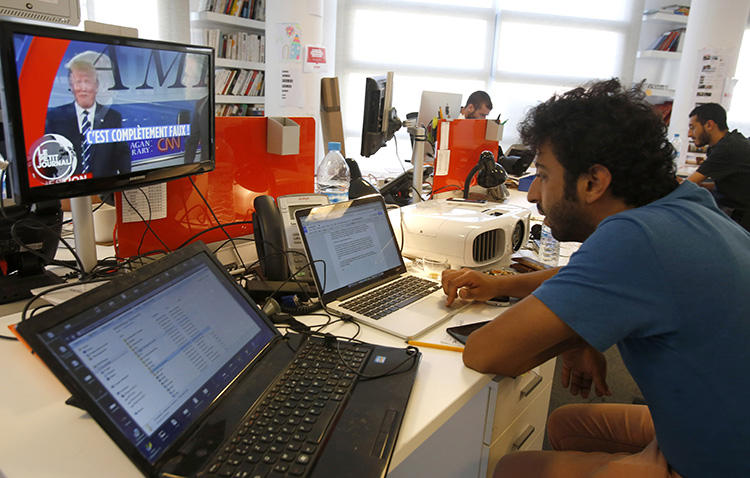
Moroccan independent journalists describe climate of pervasive surveillance, harassment
In March 2015, Hicham Mansouri emailed an anti-malware company, suspicious of possible signs that someone was able to access his device remotely, without permission. He remembers exchanging a few messages with the software company, but the correspondence was interrupted after a few days, when around 10 police officers in civilian clothes arrived at his home…
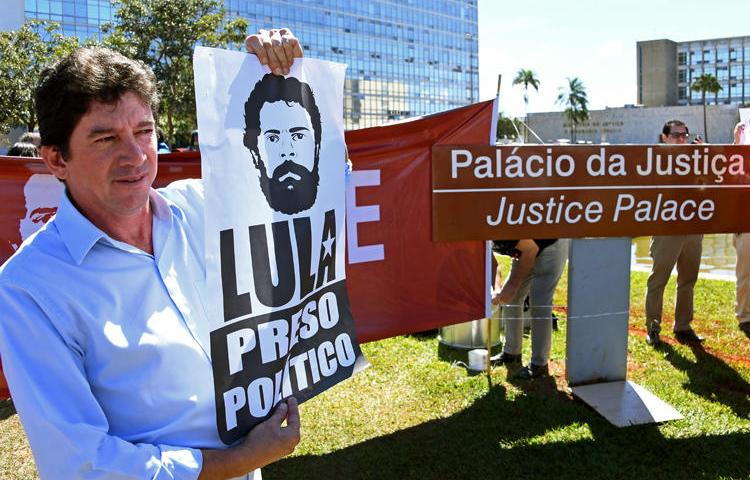
Glenn Greenwald, Intercept Brasil staff threatened after publishing corruption investigation
São Paulo, June 18, 2019–The founder, editor, and other members of the The Intercept Brasil staff said they have received threats on email and social media following their publication of politically sensitive stories this month.
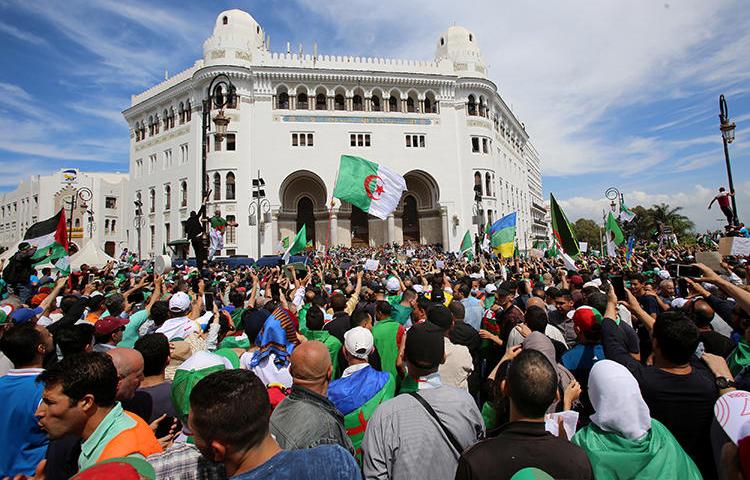
Two news websites inaccessible in Algeria amid protests, social media shutdowns
New York, June 17, 2019 — Independent news websites Tout Sur l’Algérie and Algérie Part have been widely inaccessible within Algeria since June 12, according to local journalists and news reports. The apparently targeted disruption took place amid anti-government protests that have been ongoing for nearly four months, and began shortly before several social media…
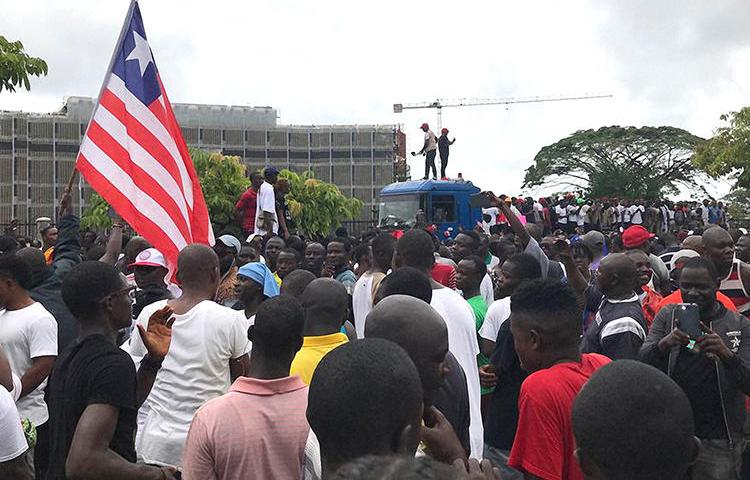
CPJ calls on Liberian authorities to ensure access to internet and social media services
Abidjan, June 7, 2019–Starting this morning, social media services including Twitter, Facebook, Instagram, Snapchat, and WhatsApp were disrupted throughout Liberia, according to data from the internet advocacy group NetBlocks and local journalists who spoke with the Committee to Protect Journalists. NetBlocks also reported disruptions to the Associated Press website and Google’s Gmail and News services…
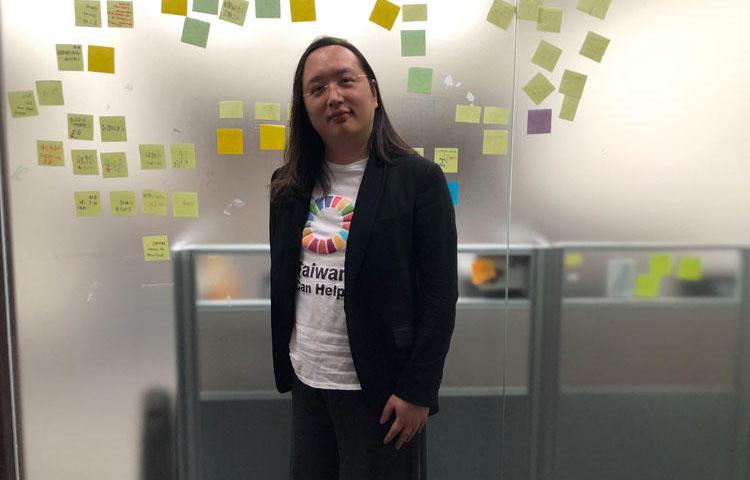
Q&A: Taiwan’s digital minister on combatting disinformation without censorship
Audrey Tang prefers precise language. During an interview, Taiwan’s minister without portfolio – Tang’s name card simply says “digital minister” – makes a swift correction when we mention the term “fake news.” The preferred term is “disinformation” because, Tang says, it has a legal definition in Taiwan: “That is to say, intentional, harmful untruth, and…
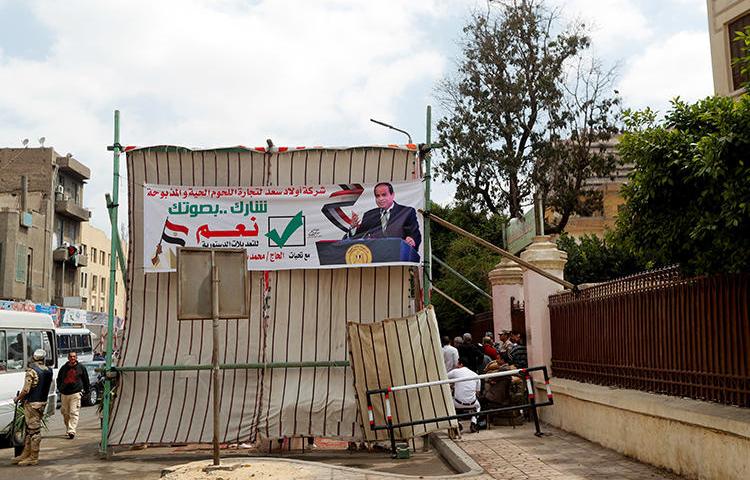
Egypt tests new censorship law with handling of al-Mashhad website block
Magdy Shandi, editor-in-chief of the Cairo-based independent newspaper al-Mashhad, planned to send 30 journalists to report from polling stations while votes were being cast in Egypt’s constitutional referendum between April 20 and April 22. He ended up ordering them to stay away, he told CPJ in a telephone interview in May. The state’s media regulator…
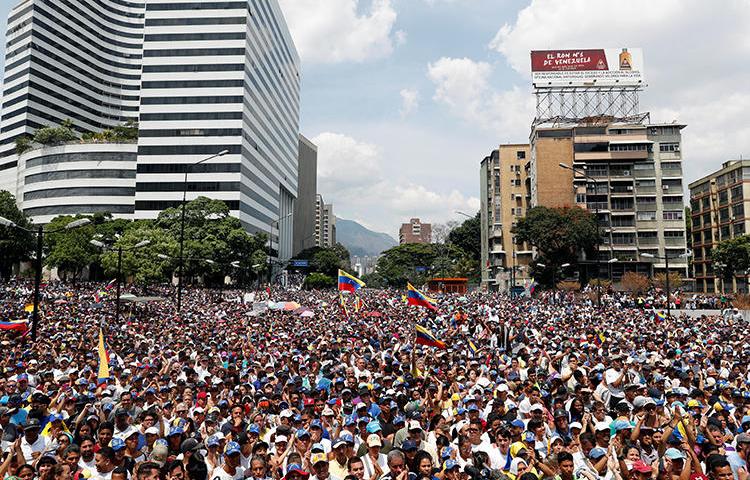
Venezuelan authorities restrict internet, block outlets amid unrest
Miami, May 1, 2019–The Committee to Protect Journalists today called on Venezuelan authorities to refrain from restricting access to the internet, social media services, and news outlets in the country during widespread protests and political unrest.
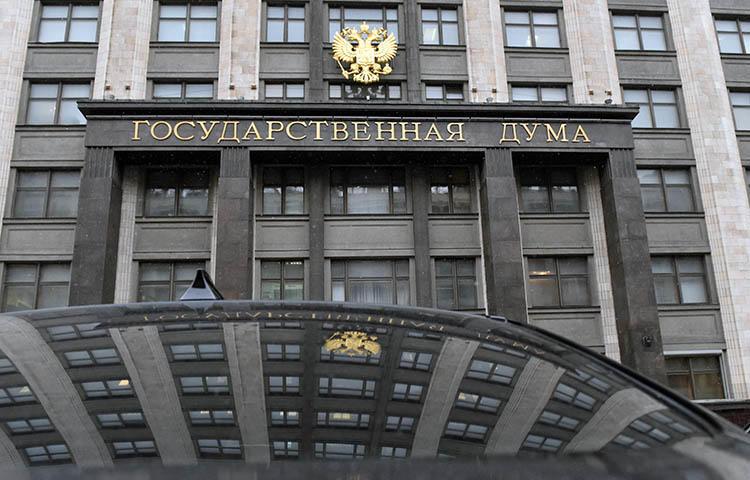
Letter calls on Putin to not approve Russia’s ‘sovereign internet’ bill
CPJ and a coalition of international human rights and press freedom organizations called on President Vladimir Putin to not approve legislative amendments known as the “bill on a sovereign internet” that could lead to further limitations on internet and media freedom in Russia.
